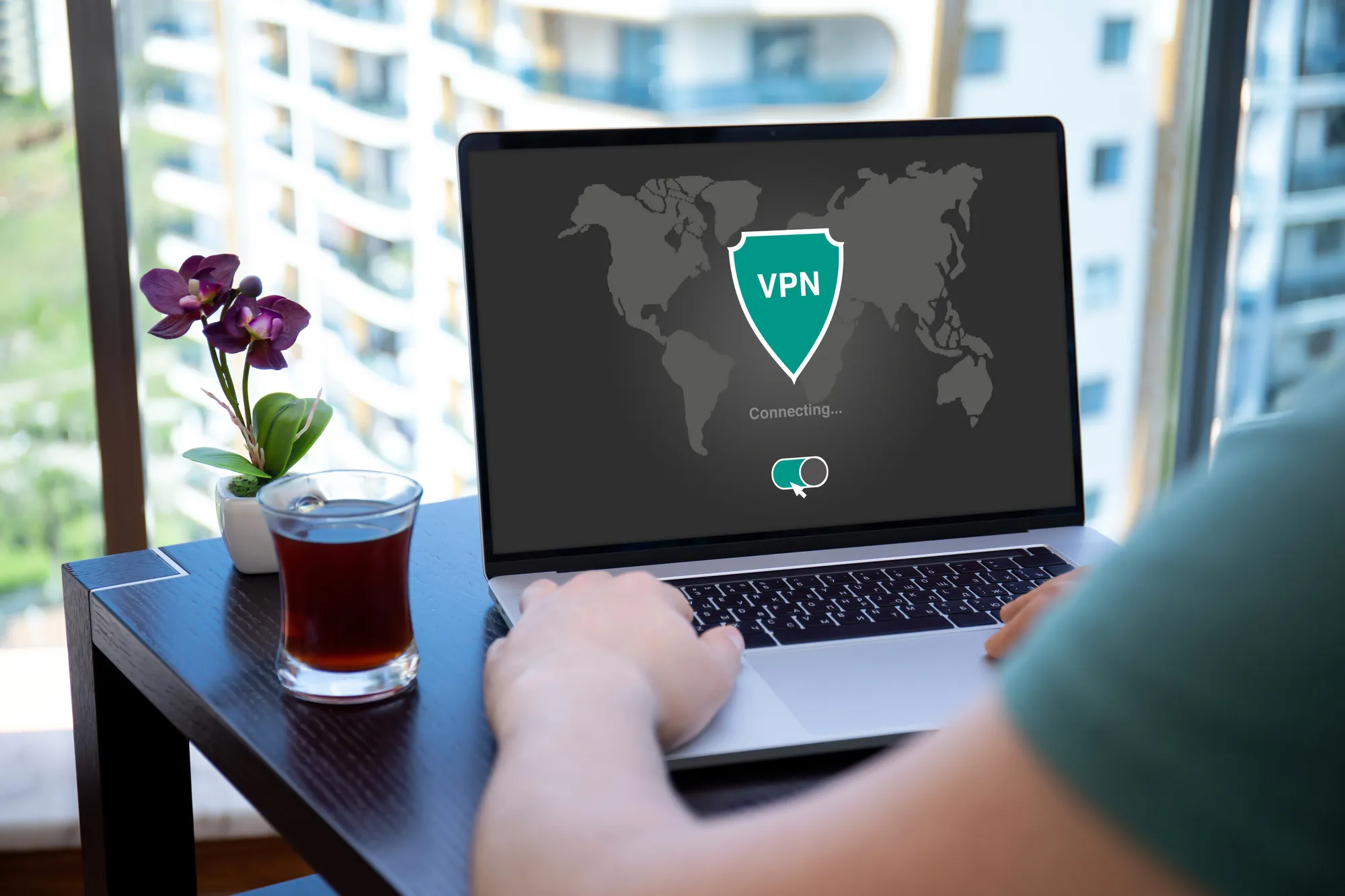How to Reduce VPN Costs Without Compromising Security

Cybersecurity threats are on the rise. Proof? A whopping 72% of respondents in a 2023 survey said that cyberattacks threatened their business.
So, what are individuals and organizations doing to address cybersecurity concerns? They turn to tools like virtual private networks or VPNs. They encrypt traffic between endpoints when you're accessing private networks over the internet. The result? A secure connection is established. This way, one gets to avoid being tracked by third parties, including hackers.
However, it's no secret that VPNs can be expensive. It's understandable, considering that setting up and maintaining infrastructure to support VPN services can be costly, too. Still, as a business owner, you'd be willing to try anything that will ease your bottom line of pressure, right? The good news is that there are ways to reduce your VPN spending. Curious how to do it without compromising critical security protections? Continue reading this piece.
Optimize VPN usage and spending
To successfully reduce your VPN expenses, you need a thorough understanding of current usage and associated costs. So, for the first step, perform a detailed usage assessment. Here's how to deal with it:
Analyzing VPN usage and traffic patterns
Analyze your VPN traffic patterns over time. Are there certain days when VPN usage spikes? Maybe there are specific times of the day when traffic significantly increases, too? A spike usually happens when a cloud-based backup is being performed or when there's ongoing cloud-based monthly reporting that relies on a VPN for security. Once activities causing a surge are identified, the next thing to do is find a way to smooth bandwidth usage. For instance, you could reschedule backups and monthly reporting during off-peak days or hours for more efficient VPN utilization.
During the assessment, it's also a good idea to make a list of all users and systems that connect to the network via the VPN. Then, examine how often they require a connection. Maybe some users or devices can be considered inactive because they rarely connect via the VPN anyway. For active users, see if you can adjust rules such as mandatory VPN usage and idle timeouts for extra efficiency.
Auditing VPN licenses and subscriptions for optimization opportunities
In addition to analyzing usage and traffic patterns, audit your existing VPN licenses and subscriptions, too. Maybe you're paying for unused capacities. If that's the case, then check with your vendor and see if they allow consolidation of accounts. You might even gain a volume discount from that.
Auditing your existing licenses and subscriptions may reveal other cost-saving opportunities. For instance, you might realize you'll be fine with lower-cost protocols like IPSec based on your usage and traffic patterns. By going for a more affordable plan that still meets your needs, you can optimize VPN spending. Of course, don't forget to check out reputable online platforms that offer VPN promo codes, too. These can further reduce your expenses when getting a new plan.
Optimizing VPN usage and spending is basically about making adjustments for cost reduction. Ideally, companies utilizing VPN in their operations do it every month.

Use a VPN concentrator
Ever heard of a VPN concentrator? It's like a central hub where you can manage all your VPN connections and licensing. A VPN concentrator also makes it possible to funnel traffic from different accounts through a single point, where they'll then be encrypted and routed. But how does it contribute to cost reduction?
Allows using cheaper VPN protocols
Obviously, concentrators eliminate redundancy. But its benefits go beyond just that. Remember we mentioned earlier the possibility of using lower-cost VPN protocols like IPSec to reduce VPN usage expenses? A concentrator supports it. It can even handle SSL, which costs substantially less than IPSec.
Of course, it doesn't mean you should settle with low-cost protocols when you know you need a more secure one that may entail a higher price. The latest Hiscox Cyber Readiness Report stated that 21% of organizations that got attacked by cybercriminals believe that the breach was enough to put their company's viability in serious danger, so there should be a balance between security and cost.
Makes traffic compression and optimization possible
In addition to funneling, concentrators can also compress traffic through features like caching. Here, frequently accessed data is temporarily stored in their local storage. It eliminates the need to retrieve the data from their original source every time you need them. Data compression and optimization results in not only improved performance but also less data transmitted over the network.
With prices that can be as high as USD$1,440, a VPN concentrator may be an additional expense at first glance. However, if you factor in the long-term savings it could bring to the table, it could really be worth checking out, especially if you use multiple VPN accounts with many users scattered in different locations.
Take advantage of VPN on-demand connection and automatic disconnection features
Earlier, we mentioned adjusting mandatory VPN usage and idle timeouts to reduce bandwidth usage. Let's take a closer look at them here.
On-demand connection
Mandatory VPN usage is basically requiring the use of a VPN within a particular context or for a specific purpose. You can use this principle to optimize connections in what's called ‘on-demand' connectivity. What will happen is that the VPN connection will only automatically initiate when accessing apps or sites that require it. For web activities that only involve non-sensitive traffic, the VPN won't activate.
Automatic disconnection when idle
As for the idle timeouts, it's a setting wherein the VPN session automatically disconnects when the user is idle for a defined period. It further reduces connection overhead.
These features can do wonders for organizations or individuals who want granular control over their VPN usage. They allow users to optimize connectivity for cost savings.
Conclusion
These techniques are just some of the many ways businesses can reduce VPN costs while effectively mitigating risks at the same time. All it takes is a proper analysis of your current usage patterns and the customization options offered by the VPN provider. Whatever method you end up opting for, the most important thing is achieving the right balance between cost-effectiveness and, most importantly, security.